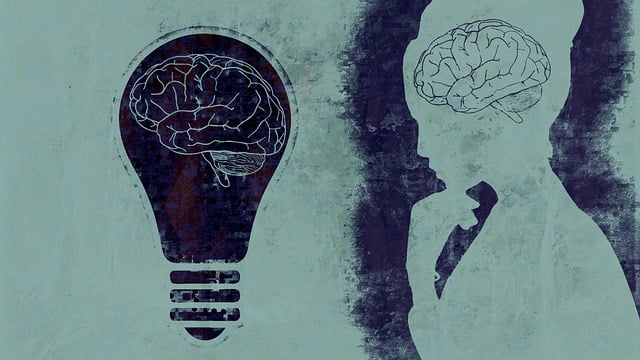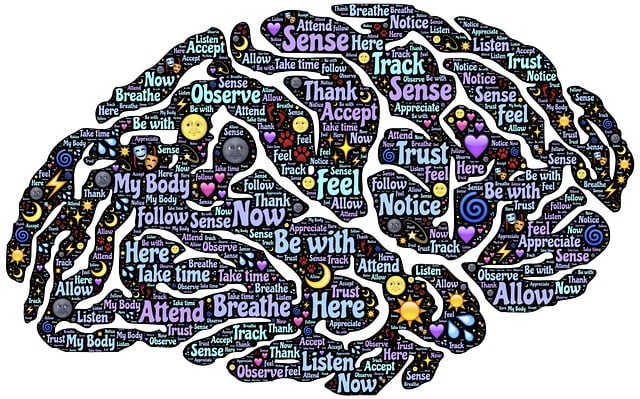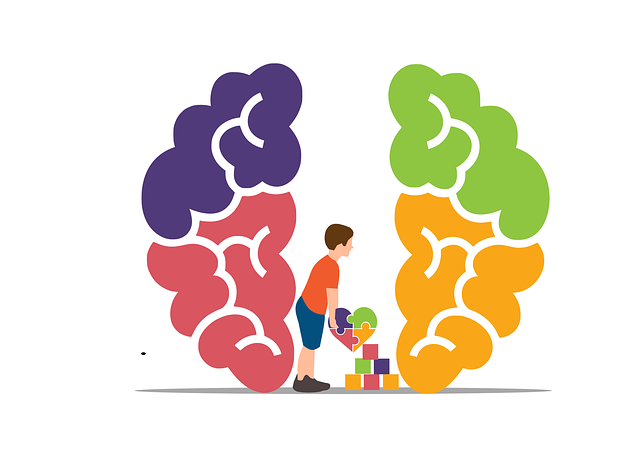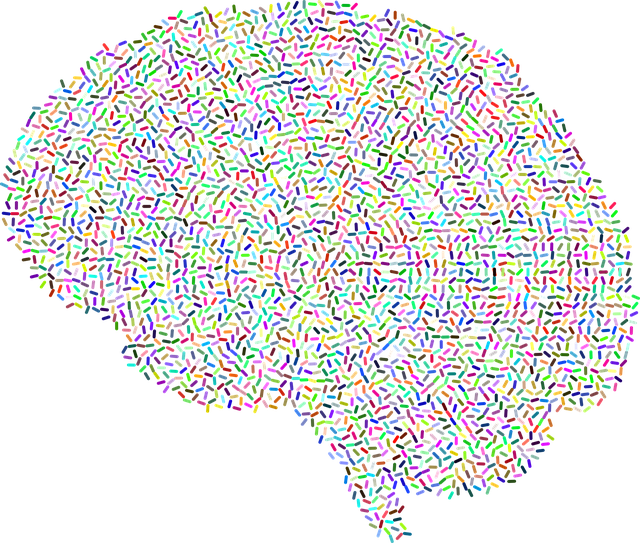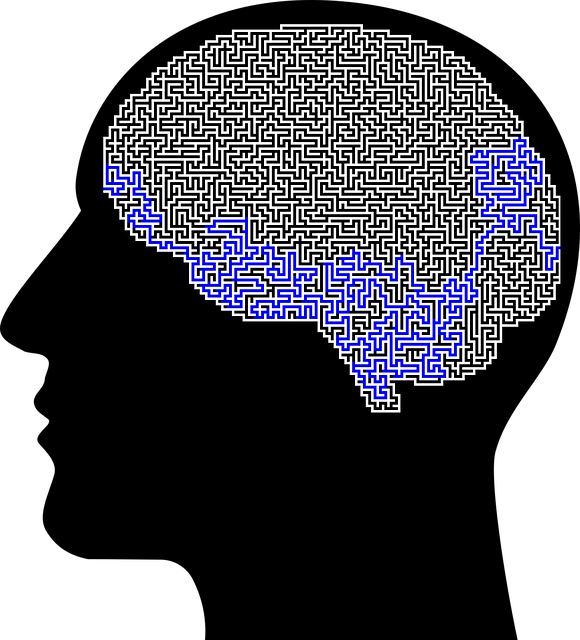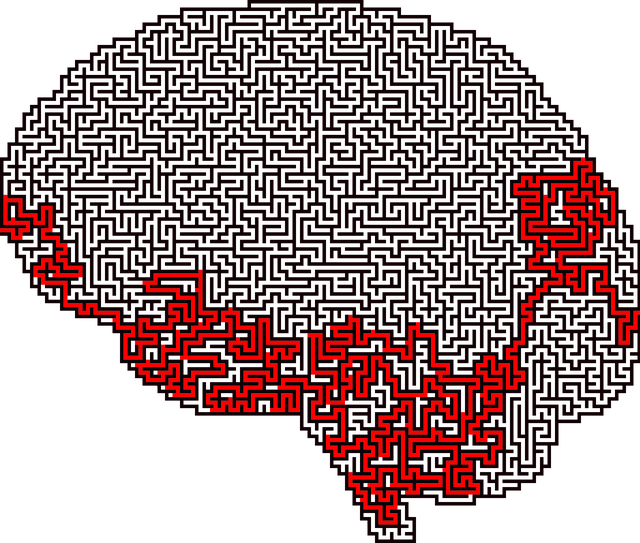Mental wellness programs, including Superior Eating Disorders Therapy (SEDT), leverage counseling, group therapy, and behavioral interventions to enhance coping mechanisms, quality of life, and resilience. Evaluation is paramount for assessing these programs' effectiveness, utilizing both quantitative (surveys, questionnaires, statistical analysis) and qualitative (interviews, focus groups, narrative analysis) methods. Quantitative approaches track key parameters like body image and meal intake, while qualitative methods offer deep insights into clients' journeys and personal stories. Integrating participant feedback through feedback loops ensures personalized care, identifying effective practices and areas for improvement. Case studies highlight the transformative impact of SEDT, showcasing its holistic approach in reducing symptoms, teaching skills like stress reduction, and fostering long-term mental wellness and emotional resilience.
Mental wellness programs are vital tools for fostering resilience and improving clients’ lives. This article explores effective evaluation methods, from quantitative metrics to qualitative insights, to gauge program success. We delve into the importance of client feedback and its role in driving continuous improvement.
Covering various approaches, it highlights a case study on Superior Eating Disorders Therapy, showcasing how tailored strategies can revolutionize treatment outcomes. Discover the key elements for evaluating and enhancing mental wellness programs.
- Defining Mental Wellness Programs and Their Evaluation
- Assessing Program Effectiveness: Quantitative Methods
- Qualitative Approaches to Evaluate Client Experiences
- Integrating Feedback Loops for Continuous Improvement
- Case Studies: Successful Implementation of Superior Eating Disorders Therapy
Defining Mental Wellness Programs and Their Evaluation

Mental wellness programs are structured interventions designed to promote overall well-being and alleviate mental health disorders. These programs encompass a range of therapeutic approaches, including individual counseling, group therapy sessions, and behavioral interventions, tailored to address specific mental health concerns. The primary goal is to enhance individuals’ coping mechanisms, improve their quality of life, and foster resilience. Evaluation of such programs is a critical process that measures the effectiveness and impact of these interventions on participants’ mental health.
Effective evaluation methods are essential for understanding the success rates of mental wellness programs, especially in treating conditions like eating disorders, where specialized therapy, such as Superior Eating Disorders Therapy, plays a pivotal role. By assessing factors like symptom reduction, participant satisfaction, and improved mood management through Self-Awareness Exercises, professionals can gauge the program’s overall performance. Mental Health Awareness is a key aspect that these evaluations aim to address, ensuring that the program not only provides short-term relief but also empowers individuals with long-lasting tools for maintaining their mental wellness.
Assessing Program Effectiveness: Quantitative Methods

Evaluating the effectiveness of mental wellness programs, particularly those aimed at eating disorders like anorexia nervosa treatment, often involves quantitative methods. These approaches offer a structured way to assess progress and outcomes. Researchers and therapists can gather data through surveys, questionnaires, and statistical analysis to measure changes in symptoms over time. For instance, tracking parameters such as body image perception, meal intake, and emotional well-being using standardized tools allows for quantifiable comparisons before and after the program.
Quantitative methods provide tangible evidence of a program’s success. They enable therapists to identify which aspects of therapy are most effective in managing symptoms related to positive thinking, stress management, and mood regulation. By analyzing trends within the data, professionals can make informed decisions about tailoring treatments for individual needs. This evidence-based approach ensures that mental wellness programs remain superior in their effectiveness, continuously evolving to better support those struggling with eating disorders.
Qualitative Approaches to Evaluate Client Experiences

Evaluating client experiences through qualitative approaches is a powerful method to gain deep insights into their journey with mental wellness programs, particularly when focusing on complex issues like eating disorders. Techniques such as in-depth interviews, focus groups, and narrative analysis allow individuals to share their personal stories, providing valuable context for understanding the impact of therapy. By encouraging clients to describe their experiences openly, these methods can reveal subtle shifts in perceptions, emotional responses, and self-awareness – aspects often crucial in superior eating disorders therapy.
Qualitative assessments play a significant role in Mental Illness Stigma Reduction Efforts by offering an unfiltered view of clients’ struggles and successes. Through exploring emotions, relationships with caregivers, and internalized beliefs, therapists can design more personalized and effective Mental Health Education Programs. This tailored approach not only enhances therapeutic outcomes but also fosters a sense of emotional intelligence, empowering individuals to navigate their mental health journeys with greater confidence and self-compassion.
Integrating Feedback Loops for Continuous Improvement

Integrating feedback loops is a powerful strategy to enhance mental wellness program evaluation methods, fostering continuous improvement in Superior Eating Disorders Therapy. By actively seeking and incorporating participant feedback, healthcare providers can tailor their approaches to better meet individual needs. This dynamic process enables the identification of effective practices that promote recovery and also highlights areas for refinement. Regularly collecting and analyzing feedback ensures programs remain responsive to evolving challenges, such as burnout prevention strategies for healthcare providers, thereby fostering a more resilient and supportive environment.
Moreover, integrating feedback loops contributes to the development of robust public awareness campaigns on mental health, including aspects like self-care routine development for better mental health. This collaborative approach not only improves program quality but also encourages open communication between therapists, clients, and the broader community. Through such mechanisms, mental wellness programs can evolve and adapt, ultimately enhancing their impact and accessibility.
Case Studies: Successful Implementation of Superior Eating Disorders Therapy

Case studies offer a powerful tool for evaluating mental wellness programs, particularly when examining innovative approaches like Superior Eating Disorders Therapy (SEDT). By studying real-world implementations, researchers and practitioners can gain valuable insights into effective strategies. These in-depth analyses often focus on specific cases, providing detailed accounts of how SEDT has transformed individuals’ lives. For instance, a case study might highlight the journey of someone who struggled with an eating disorder, detailing their experience with conventional treatments and the positive outcomes achieved through SEDT’s holistic approach.
The success of such programs is multifaceted. It involves not only reducing symptoms but also teaching participants essential skills like stress reduction methods and emotional intelligence. Mental health education programs designed around these principles empower individuals to manage their well-being, fostering a sense of agency. Moreover, case studies can showcase the long-term benefits, demonstrating how SEDT contributes to overall mental wellness and enhances individuals’ ability to navigate life’s challenges, including emotional resilience and improved self-perception.
Mental wellness programs, as illustrated by the case study of Superior Eating Disorders Therapy, require a multifaceted evaluation approach. By combining quantitative methods to assess program effectiveness and qualitative techniques to understand client experiences, professionals can gain valuable insights for improvement. Integrating feedback loops ensures these programs evolve based on real-world data and individual needs, fostering more successful outcomes. This holistic evaluation strategy is essential for optimizing mental health services and enhancing the overall well-being of those who seek support.


